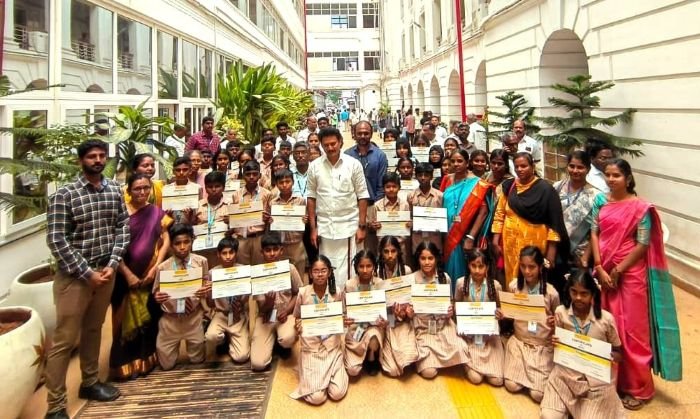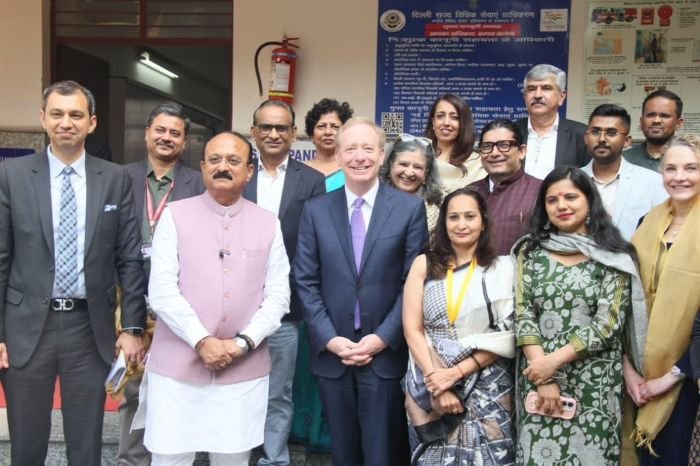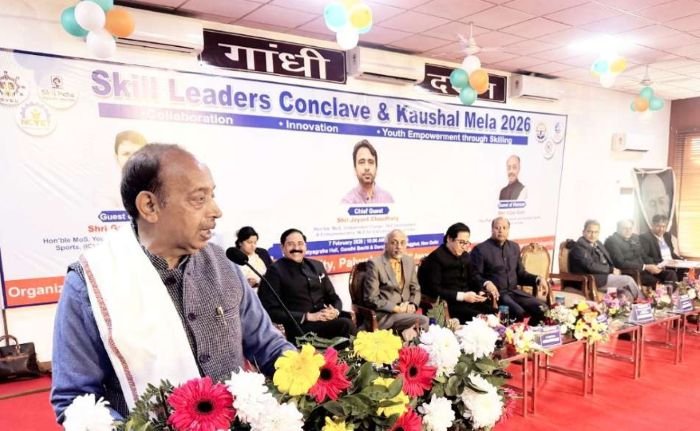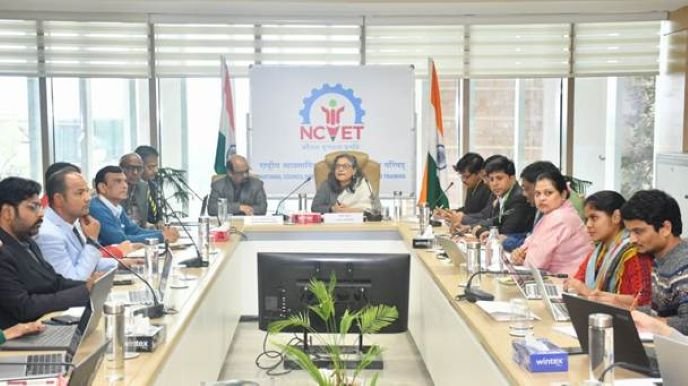
As Germany faces a rapidly intensifying skilled labour shortage over the next three years, its industries will require nearly 750,000 trained Indian youth to fill critical roles, said Norbert Volker, Managing Director, Didacta (Association for Education Suppliers in Germany) in New Delhi at the Didac Skills 2025. Lauding India’s converging skilling programs with education for building a future-ready workforce, Volker noted the growing focus on integrated skilling also aligns strongly with Germany’s current labour priorities. He emphasized that Germany’s advanced industrial ecosystem relies heavily on a steady pipeline of trained professionals, yet fewer young Germans are choosing apprenticeships and technical pathways.
He highlighted that India, with its expanding youth population and strengthening skilling ecosystem is uniquely positioned to collaborate. For Indian youth, Germany presents a pathway to world-class training, global work exposure, and specialised skills. Many may return to contribute to India’s own growing industries, while others may build international careers across German and Indo-German enterprises.
Volker further noted that the evolving edtech landscape can accelerate bilateral training models, virtual apprenticeships, and industry-certified programs. This creates a win–win opportunity: German industry sustains its growth with skilled talent, while Indian youth gain the global mobility and expertise needed for tomorrow’s workforce.
Roland Bleinroth, CEO and President, Landesmesse Stuttgart GmbH & Co. KG, emphasised, “There is a growing need for skilled professionals, not only in India but globally, and especially in Germany, where many positions remain unfilled. India’s young, well-educated population can help meet this demand, making collaboration between our countries a true win-win.”
In Germany, vocational education and training form the backbone of the entire industrial sector; without this robust system, which combines practical and theoretical learning, the industry would not function effectively. The government of India is placing greater emphasis on skills development and vocational training and German companies would be an ideal choice, especially given their expertise in vocational training.








